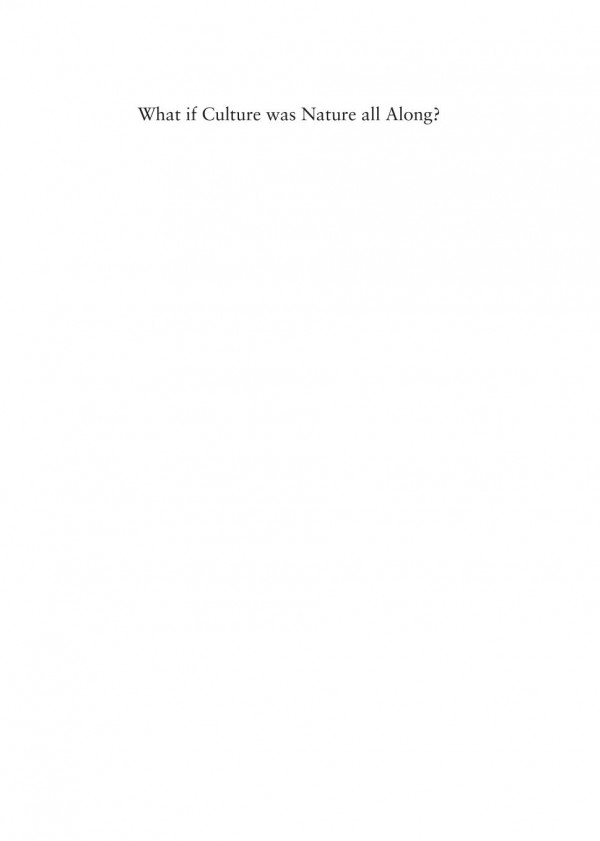

Most ebook files are in PDF format, so you can easily read them using various software such as Foxit Reader or directly on the Google Chrome browser.
Some ebook files are released by publishers in other formats such as .awz, .mobi, .epub, .fb2, etc. You may need to install specific software to read these formats on mobile/PC, such as Calibre.
Please read the tutorial at this link: https://ebookbell.com/faq
We offer FREE conversion to the popular formats you request; however, this may take some time. Therefore, right after payment, please email us, and we will try to provide the service as quickly as possible.
For some exceptional file formats or broken links (if any), please refrain from opening any disputes. Instead, email us first, and we will try to assist within a maximum of 6 hours.
EbookBell Team

4.3
28 reviewsNew materialisms argue for a more science friendly humanities, ventilating questions about methodology and subject matter and the importance of the non-human. However, these new sites of attention – climate, biology, affect, geology, animals and objects – tend to leverage their difference against language and the discursive. Similarly, questions about ontology have come to eclipse, and even eschew, those of epistemology.
While this collection of essays is in kinship with this radical shake-up of how and what we study, the aim is to re-navigate what constitutes materiality. These efforts are encapsulated by a rewriting of the Derridean axiom, ‘there is no outside text’ as ‘there is no outside nature.’ What if nature has always been literate, numerate, social? And what happens to ‘the human’ if its exceptional identity and status is conceded quantum, non-local and ecological implication?